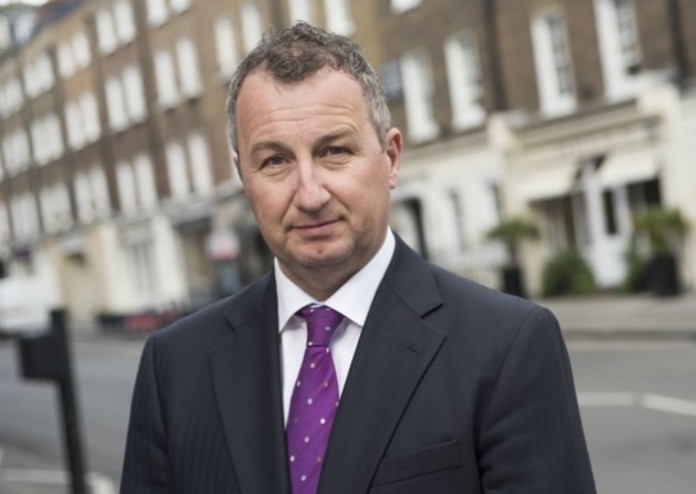New CPI figures reveal inflation is at 2.4% and will add around £600 million to the overall gross business rates burden from April 2019, says Colliers International, the global property adviser.
Britain’s retailers alone would see a £200 million increase next year.
Business rate rises from April each year are linked to the CPI figure for the previous September. Over the last ten years, business owners have seen rate increases by over a third. Business rates income is expected to reach over £25 billion (net) (£30 billion gross) in England this year.
John Webber, Head of Business Rates at Colliers International says such rises are unsustainable and calls on the Chancellor to introduce far reaching business rate reform in the forthcoming Budget. On the immediate front, to freeze business rate rises for the next year – not the 49% for top rises as currently planned.
“Businesses will have already have had to swallow a rise of 74% plus inflation in the last two years- further increases are unsustainable.”
Webber also calls for an immediate removal of downward phasing enabling ratepayers to pay their true rates liability now and not wait four years to do so. “This could well impact on several decisions to either close or keep open stores in a number of regional high streets.”
The figures come out following a year of carnage on the high street. Colliers has calculated that over 30 sizeable retail/restaurant chains (of 10 stores or more) have gone into CVA or administration since the beginning of the year including names such as Toys R Us, Carpet Right and House of Fraser Other stores such as M&S or Debenhams are closing outlets. According to figures published by ONS, retailers have had their worst start to the year for five years. Observers claim 50,000 jobs are at risk.
“Given the crisis on our high street and uncertainty over Brexit affecting confidence in most sectors, the Government really needs to get a grip on business rates reform and not put it in the “too difficult box.” Says Webber.
In his Autumn 2017 Budget, Hammond attempted to appease concerns by bringing forward the switch to link business rates to CPI from RPI to two years early, representing a £2.3bn reprieve for business owners. But as Webber points out, that really has not been enough given the current crisis.
He continued, “On the longer term we need to tackle the multiplier (the UBR against which the rateable value of the property is multiplied to give the final rates bill). Currently at 50p in the £1 this is an effectively a 50% tax. If we could reduce it to 34p in the £ as it was in the 1970s, it could be something everyone could afford. “
Webber says this could be funded by looking at the system of reliefs, removing business rates deserts and introducing a fairer system of spreading the funding load, whether this be by asking all small businesses to pay a minimum contribution to the system or by looking at other reliefs, such as agricultural reliefs which may need reforming.
In August, the chancellor tabled the idea of a so-called “Amazon tax” to level the playing field between online retailers and high street businesses.
“However, we do not believe this will alleviate the business rates burden, and could even back fire on those retailers who sell both in stores and by the internet.”




















